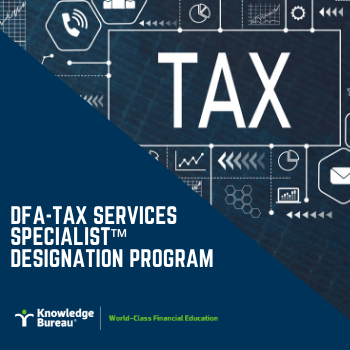Last updated: July 08 2020
Federal Pandemic Benefits Summary – Help for Individuals

Evelyn Jacks & Beth Graddon
The government responded quickly to get money to Canadians affected financially by the pandemic, with new and updated measures and benefits occurring regularly throughout March and April. What was implemented? Learn more as we consider the cost with the release of the Federal Government’s July 8 Economic Snapshot.
Canada Emergency Response Benefit (CERB)
The CERB program has seen a number of updates since its initial implementation in March, including an extension announced on June 16 to add an addition 8 weeks of benefits for a total of 24. At this time, the program end date remains October 3. The CERB program was initially offering a maximum of 16 weeks of benefits, and those who claimed it from the beginning (March 15) were set to max out their benefits as of July 15. Those who are eligible receive a $2,000 taxable benefit for each 4-week period, which must be reflected and remitted on the 2020 tax return.
As of June 28, 2020 8.16 million Canadians applied for the CERB, and a total of $53.53 billion in CERB benefits have been paid out.
Who is eligible?
The Benefit is available to workers:
- Residing in Canada, who are at least 15 years old
- Who have stopped working because of reasons related to COVID-19 or are eligible for Employment Insurance regular or sickness benefits or have exhausted their Employment
 Insurance regular benefits or Employment Insurance fishing benefits between December 29, 2019 and October 3, 2020
Insurance regular benefits or Employment Insurance fishing benefits between December 29, 2019 and October 3, 2020 - Who had employment and/or self-employment income of at least $5,000 in 2019 or in the 12 months prior to the date of their application
- Who have not quit their job voluntarily
When submitting your first claim, you cannot have earned more than $1,000 in employment and/or self-employment income for 14 or more consecutive days within the four-week benefit period of your claim.
When submitting subsequent claims, you cannot have earned more than $1,000 in employment and/or self-employment income for the entire four-week benefit period of your new claim.
CERB Repayment
This is required for anyone who received double the CERB through both Service Canada and CRA portals, or for any other reason. As well as if:
- You earned employment or self-employment income earlier than expected
- You applied for the CERB but later realize you’re not eligible
- You receive a CERB payment from both Service Canada and the CRA for the same period
- You get rehired or find a new job and experience the following: you no longer meet the eligibility requirements for the 4-week period in question. For example, you applied for the 4-week period of April 12 to May 9. At the time you applied, you expected to have little or no work or income for that 4-week period. But you have just found out your employer has rehired you and will give you back-pay for that same 4-week period (including if the employer is using the CEWS to cover your wages). In this situation, you will need to repay the CERB for that 4-week period of April 12 to May 9.
The deadline for repayment is December 30, 2020.
Extended Tax Deadlines
The 2020 tax filing deadlines for completion of the 2019 tax returns were extended to June for T1 filers. However, there will be no late filing penalties for any T1 return filed by September 1.
Note: Final date for the payment of income tax amounts owing on or after March 18, 2020, and before September 2020. This relief does apply to any tax balances due as well as instalments payable and installments. No interest will apply to deferred payments. Unfortunately, the government did not extend relief to existing balances due. Interest at the current prescribed rate of 5% will be charged.
About 10% of Canadians still haven’t filed compared to last year’s total numbers, so it would appear that about 3 million people are holding out for the September 1 extended deadline.
As of July 6, balances owing by Canadians total over $33 billion.
Next time: We’ll review help for seniors.
Additional educational resources: Learn an essential service, become a DFA-Tax Services Specialist™, and provide the tax guidance Canadians need now more than ever.
COPYRIGHT OWNED BY KNOWLEDGE BUREAU INC., 2020.
UNAUTHORIZED REPRODUCTION, IN WHOLE OR IN PART, IS PROHIBITED.
